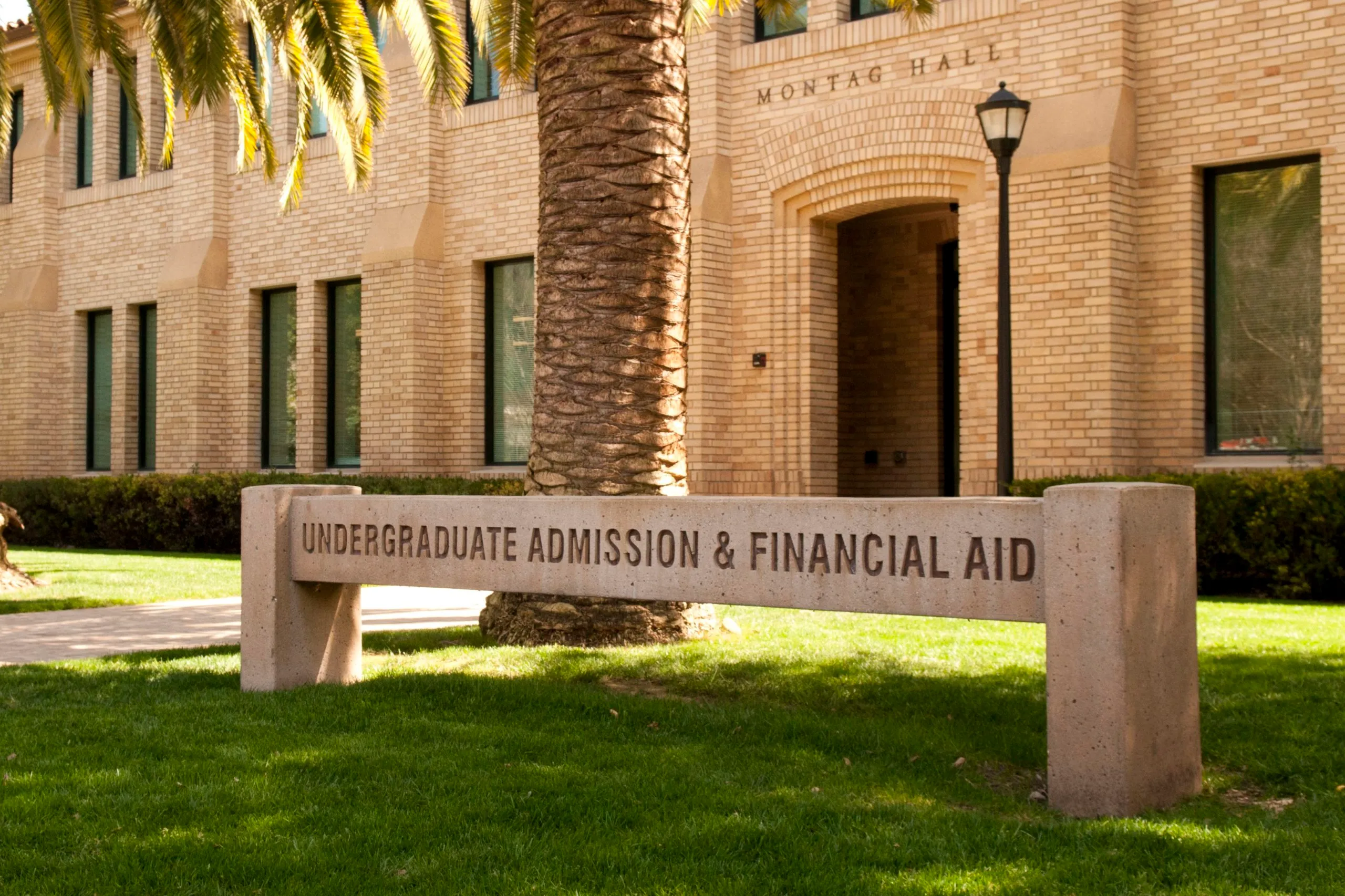Stanford administrators discussed travel reimbursements, spring financial aid reductions and remote federal work-study opportunities with students in a Zoom call on Thursday, while also leaving open the prospect of students being asked to return to campus in spring quarter. They also reaffirmed the University’s decision not to cancel winter final exams. Over 250 people participated in the Zoom call at its peak, which started just an hour before students were requested to complete a registration form to stay on campus in spring quarter.
Among staff from other University departments, Financial Aid Director Karen Cooper; Academic Advising Associate Dean Warren Chiang; Academic Advising Associate Dean Lara Tohme and Vice Provost for Faculty Development, Teaching and Learning Sarah Church were present on the call to answer questions.
“We thought it was really important to try to do this quickly today because we know that you are dealing with a five o’clock deadline for making some decisions about housing,” Cooper said.
Travel, financial aid and student employment
Cooper opened the call by assuring students on financial aid that the University would provide them with stipends to travel home, though she noted that students who leave campus will face a reduction in their aid package.
The University will give students up to one half the travel allowance already in their financial aid packages to cover travel home, “no questions asked,” according to Cooper. She added that students who need more funds to get home could provide documentation of their travel costs to get reimbursed.
“We are triaging the travel requests,” Cooper said. “We were able to get nearly 70 stipends to students. And the last time I checked, there were another 70 or so that were ready to go out.”
Cooper said that students staying on campus spring quarter would see their financial aid untouched. Students on full scholarships who leave campus will see their spring quarter scholarship cut by between $2,500 to $3,000, as they will not be charged the fee for housing or dining on campus but will also be given a $2,000 living allowance to reflect the cost of food, according to Cooper.
“I can’t give you an exact amount because we don’t know exactly what all the charges will be,” Cooper said, adding that she did not have more specific numbers for students not on full scholarships and recommended that students with “complicated situations” reach out to the Financial Aid Office directly.
Students with federal work-study (FWS) incorporated into their financial aid packages are allowed to complete remote work, under new guidelines from the Department of Education that ease FWS eligibility requirements for students affected by a “COVID-19-related disruption.” For students unable to complete remote work, the Financial Aid Office will make “adjustments to your financial aid package to take care of that,” according to Cooper.
Cooper said the Financial Aid Office would be unable to help students with jobs not incorporated into their financial aid package.
“If you are working on top of the work we expect you to do as part of your financial aid package, we can’t really do anything about that through the financial aid program,” Cooper said. “That might be a hard message.”
A ‘somewhat impossible situation’
Cooper then turned over the call to a Q&A, with student questions primarily answered by Chiang, Tohme and Church. Students pressed the three administrators on issues ranging from circulating petitions to the possibility of a return to campus in spring quarter.
Multiple students asked in the chat whether University administrators would cancel final exams. A petition to cancel winter finals has obtained over 2,000 signatures, but an email sent out on Thursday by Vice Provost for Undergraduate Education Harry Elam on Thursday announced that “after much careful deliberation, the administration has determined that we will not cancel final exams wholesale.”
Church directed students to Elam’s email and said, “I don’t think that discussion is going to reopen.”
Students also asked whether they would be able to finish spring classes remotely if the University were to resume in-person instruction. Many questions on the Stanford FAQ page for undergraduates portray a return to campus in spring as an expectation. Church said students would be expected to return.
“If classes resumed as in-person classes, they will not continue to be offered online,” Church said.
Addressing a follow-up question about what would happen if international students were unable to return to Stanford, Church said, “We will have to do something about that.”
Although multiple students expressed gratitude that the administrators on the call were answering questions, some also criticized the University’s response to the coronavirus crisis.
“Stanford expects for us to manage all logistics such as going to class and taking exams in other time zones, arranging living arrangements and travel, not spend too much time following the news, police our professors to making sure exams are adhering to the HC, rest and stay healthy, and care for loved ones all while doing our normal work/studying and duties?” one student asked.
Chiang responded, that while the situation is not ideal, the University is doing the best it can to “balance lots of different institutional and student needs.”
“I don’t think in a normal situation we would expect people to be able to do all this stuff,” Chiang said. “A lot of instructors and staff, as well as all of these students and grad students, are all put in this somewhat impossible situation and are trying to balance the needs of many.”
